Akira ‘George’ Yoshitake (1929-2013) was a Japanese-American who was interned in the United States during the Second World War. He was also the last survivor of the secret civilian camera crew who filmed the US nuclear weapons tests in Nevada and the Pacific in the 1950s. The experimental short video Icarus pairs audio from an interview with Yoshitake with an abstract animation that becomes larger and seemingly moves closer as he describes experiencing the immense heat and power of the blasts. For the Barcelona-based director César Pesquera: ‘Icarus is a film about the fascination of looking, the greedy impulse of capturing images, the essence of filmmaking itself… The film also tells us about the risk of going too far, getting too close…’ While Yoshitake was aware that proximity to the nuclear explosions might have adverse health effects, he didn’t think of the work as deadly, as it would prove to be so for many of his colleagues.
The deadly attraction of working in secret to document early nuclear weapons tests
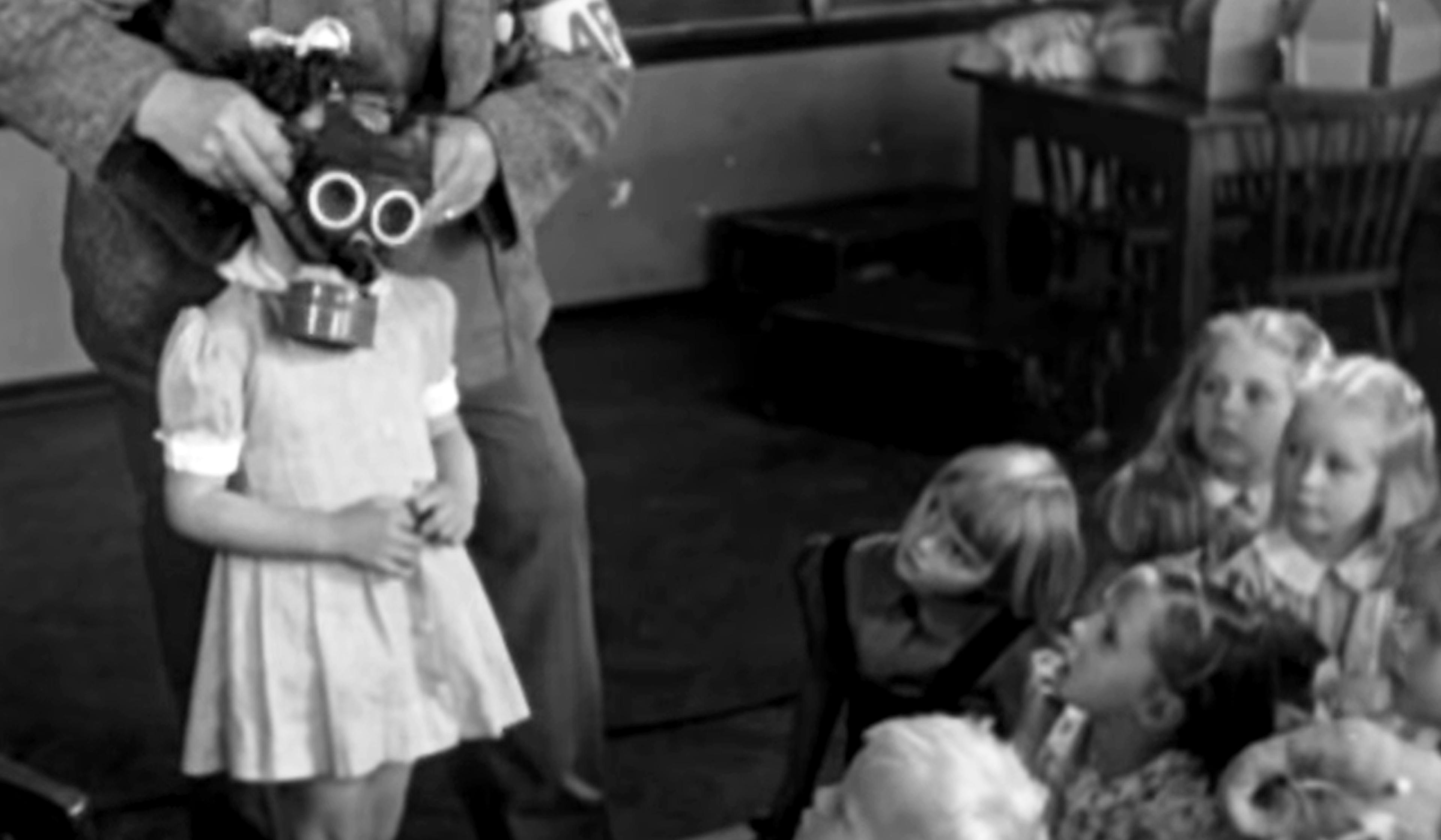
videoWar and peace
A peace activist’s harrowing account of nuclear war is a visceral case for disarmament
26 minutes

videoSocial psychology
‘The order could come at any moment’: two kamikaze pilots tell their story
8 minutes
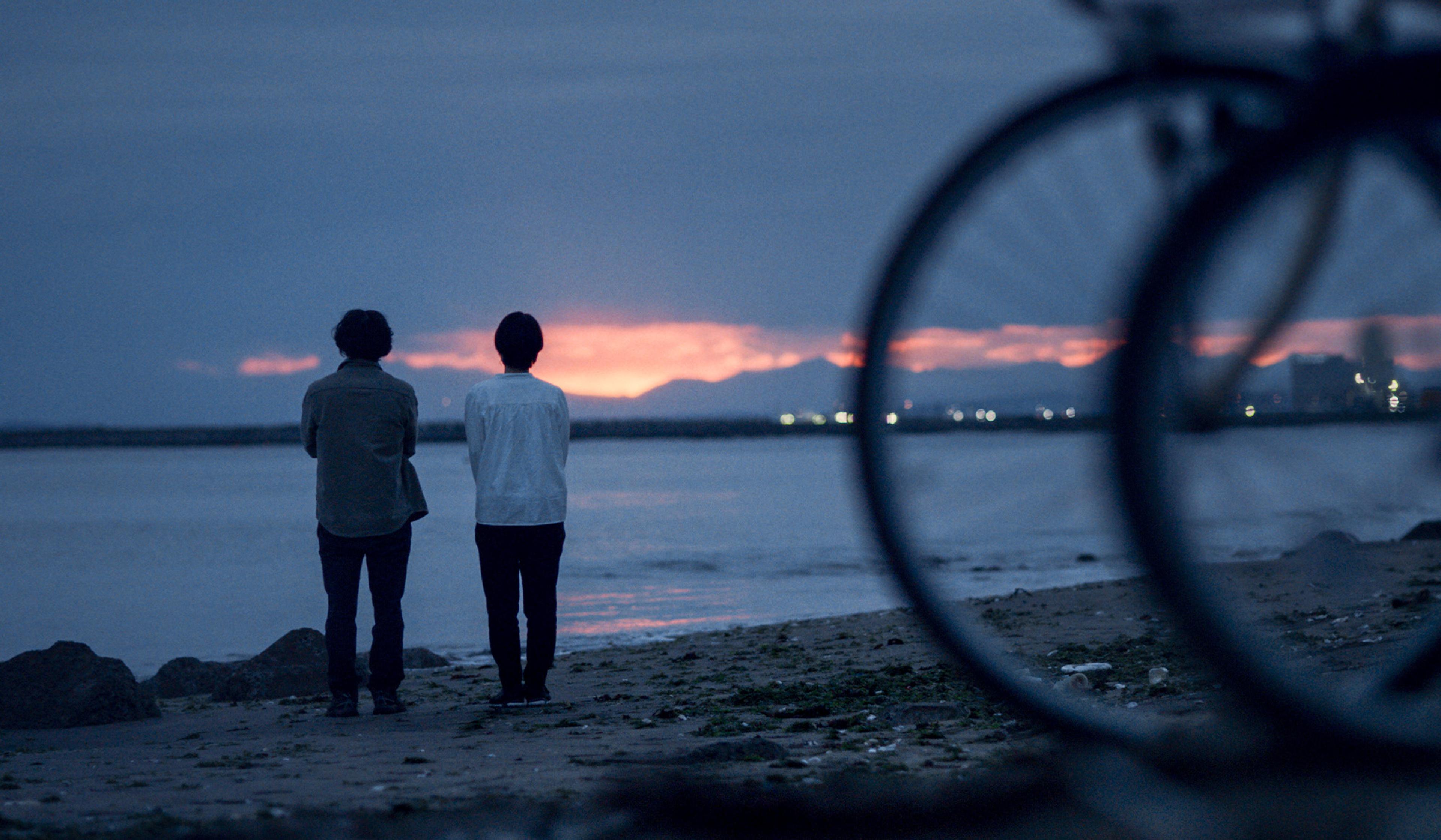
videoLove and friendship
A decade after his wife was swept away in a tsunami, Yasuo still searches the sea
9 minutes
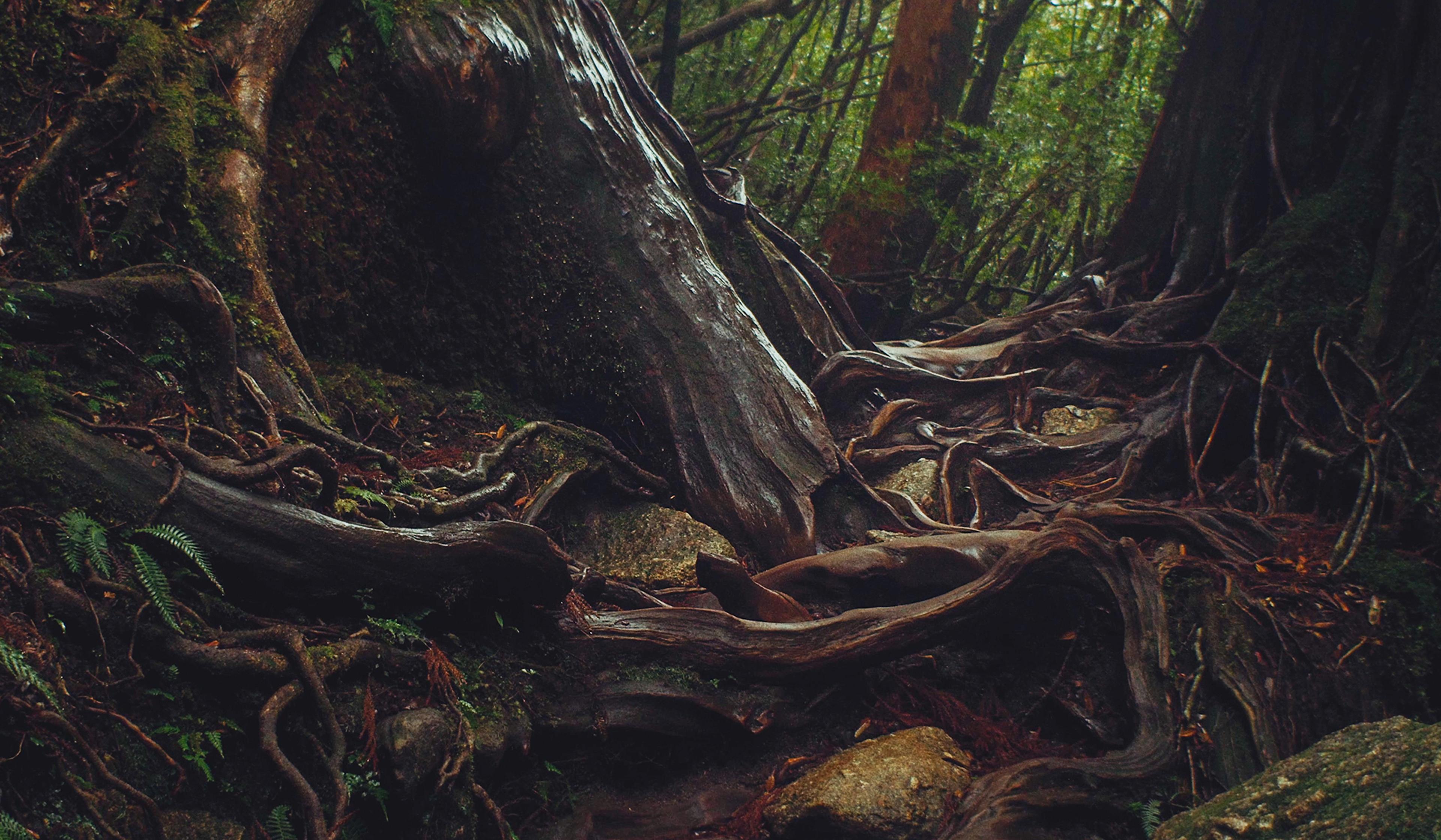
videoNature and landscape
Take a serene hike through an ancient forest, inspired by a Miyazaki masterpiece
6 minutes

videoWar and peace
Decades after participating in secret nuclear tests, a veteran tells his story
9 minutes
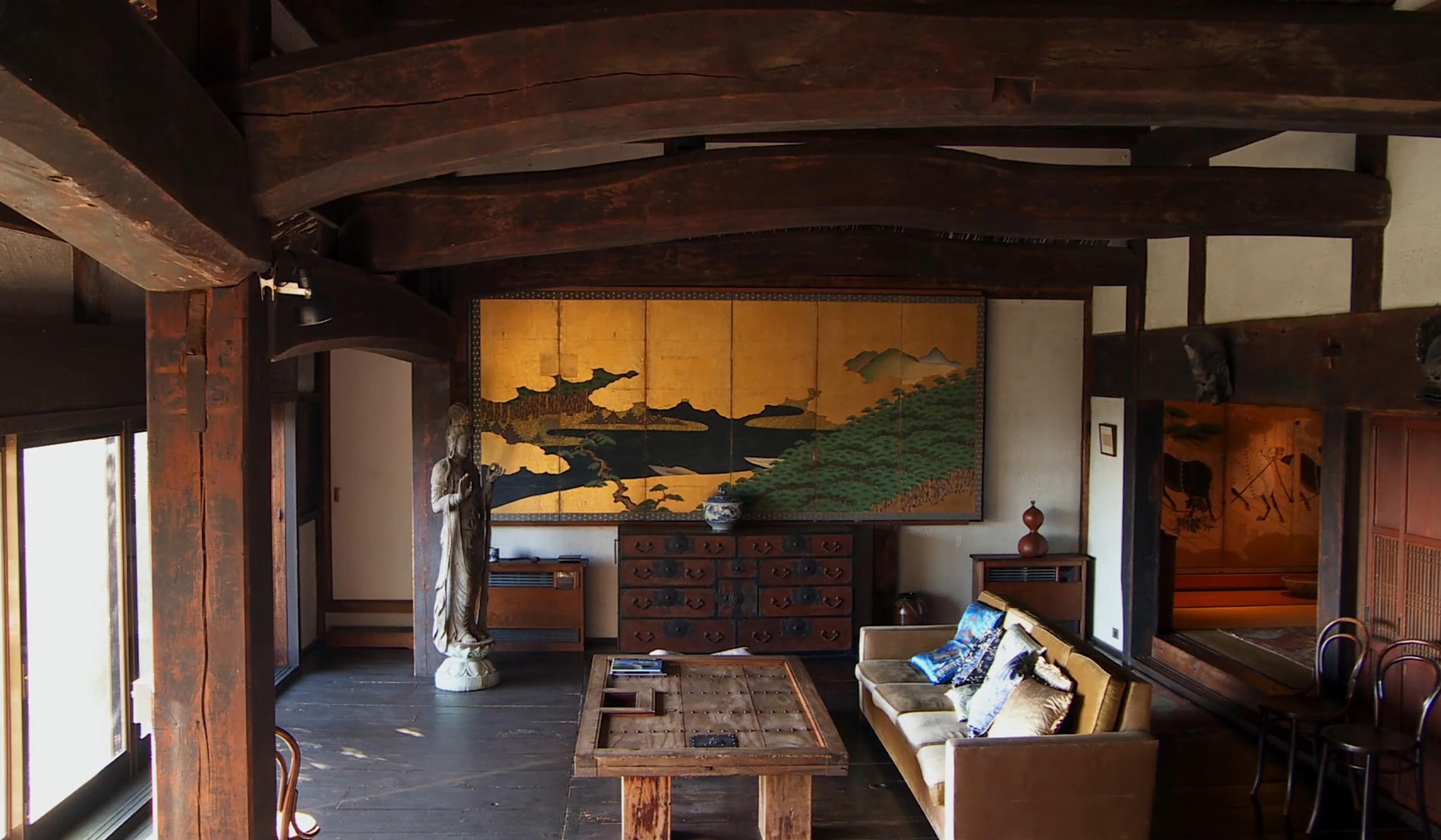
videoLove and friendship
A Japanese student and an American journalist rescue an ancient farmhouse
16 minutes

videoBiography and memoir
Preserving memories of a Japanese internment camp, and the land where it stood
8 minutes
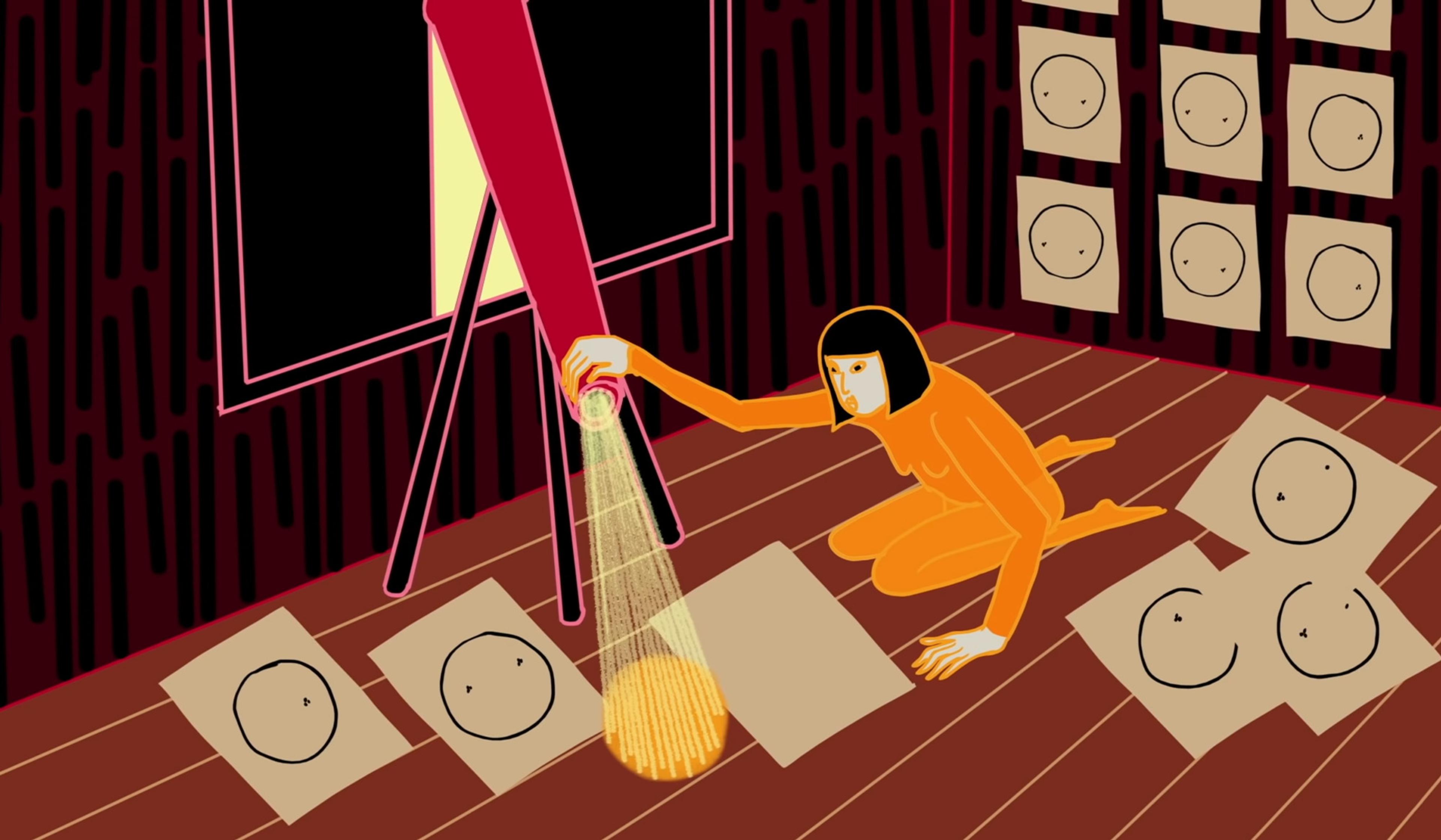
videoAstronomy
Meet the citizen scientist who changed how we see the Sun, and science itself
5 minutes

videoHistory
Hiroshima was bombed in 1945. The scars it left are still raw and shocking
21 minutes